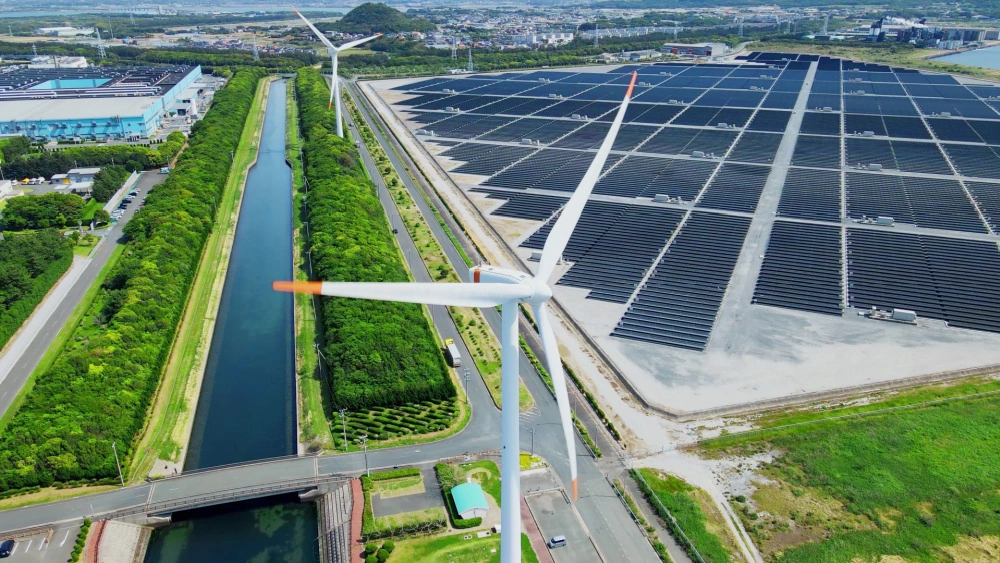

The UK Space Conference is held every two years to explore a variety of topics related to space travel and technology. Beginning in 1998 with a focus on the history of rockets, the event was rebranded in 2007 and given a broader technical remit with the slogan Aspire Prosper Explore.
The 2021 conference programme, delivered virtually, was divided into five key themes:
- Space to observe & sustain
The use of satellite technology to monitor the climate, ecosystem and weather patterns and to promote solutions to climate change..
- Space to protect
The use of satellite technology for defence purposes, and for protecting critical national infrastructure and civilian populations, from hostile forces and natural hazards.
- Space to live well
The many scientific advances and technical innovations resulting from space technology have resulted in new products and opportunities within biotechnology, manufacturing, medicine and other sectors.
- Space to inspire & explore
The power of space travel to inspire humanity, inspire technical innovation and raise questions about our place in the universe.
- Space to prosper
This central theme was centered on the commercial or business side of satellite technology. The booming space economy is driven by one of the fastest-growing, innovation-driven technology sectors in the world. A big accelerant has been the falling costs of vital equipment and supplies, making access to orbit more cost-effective than ever.
National governments and investors have begun to take a serious interest, and with record levels of capital pouring in, new startups are opening their doors on an almost weekly basis.
But like any other innovation, the road to success can sometimes be a bumpy one. Satellite technology presents commercial challenges and there are a number of legal issues to be considered.
Legal issues in space
UK satellite infrastructure supports a huge chunk of the national economy - something like £360 billion, as demand for data and connectivity continues to grow exponentially. The UK government believes it has even further potential and has set ambitious goals for the space sector.
The Space Industry Act 2018 set out a fully developed regulatory framework for commercial spaceflight activities in the UK, with both launch-to-orbit and sub-orbital flights taking place from designated space ports or launch sites.
As many as seven are expected, with Cornwall and the north of Scotland two likely contenders. A variety of research centres and administrative hubs will also be developed. The UK economy could benefit to the tune of billions.
Secondary legislation eventually came before parliament in the summer, setting out the specifics of regulatory approval for licensing applications. The remit of the widely respected Civil Aviation Authority will be extended from the aircraft to spaceflight when it assumes responsibility for licensing:
- Spaceports as a whole
- Launch vehicle operators
- Range (altitude) controllers
- Satellite operators
This legislation brings a truly limitless UK space sector closer to reality: the first launches are expected during 2022. Nevertheless a number of legal issues associated with the space sector are still awaiting consideration and resolution. Hot space law topics include:
Liability
Who holds liability in the event of accidents and error: equipment manufacturers, equipment operators, contractors, or the client? Clearly the answer will differ according to the precise circumstances, and these will all need to be fully defined.
Spectrum availability
Radiofrequency spectrum availability: who has access to particular communications frequencies? How should this vital resource be divided and allocated fairly in order to stimulate competition and promote economic activity?
In September the government published the ambitious National Space Strategy, which is aimed at more than doubling the size of this sector in order to capture 10% of the global satellite technology economy by 203o.
The goals set out in the National Space Strategy include:
- Make the first small satellite launch from Europe in 2022.
- Creating new jobs and commercial opportunities.
- Establishing an orbiting network capable of protecting critical national infrastructure.
- Ensuring that the UK’s current position, navigation, timing (PNT) services remain robust.
PNT is the orbiting communications technology which, when combined with mapping data, creates the Global Positioning System or GPS. Once the preserve of specialist vehicle ‘satnavs’, GPS is now built into most modern smartphones.
The strategy places a degree of emphasis on the private sector as a source of funding for smaller, early-stage space companies who otherwise might struggle to attract interest from high street banks. Why? Because they lack significant collateral and often require long term capital investment before profits are generated.
Funding formats will include designated private finance funds and capital venture funds. Private investors will be encouraged to open their wallets via government co-investment in innovative new firms.
An ongoing scarcity of suitably skilled workers presents a further challenge for UK space startups. The government intends to address this issue through close collaboration with the science, technology, engineering and mathematics (STEM) departments of major UK universities, as well as by fast-tracking imimgration visas for talented individuals living abroad. Space sector firms will be encouraged to offer apprenticeships and work placements to students considering the sector as a long-term career option.
A new advisory panel will also work to try and ensure access to suitable training and skills development opportunities for individuals already working in this vibrant industry, helping them to stay on top of the latest innovations.
In such a fast-moving market the right advice is all important. Here at Foot Anstey we provide legal and business development consultancy to firms operating in multiple fields, including the space and satellite industry. We were a major sponsor of the Space Sector and the Built Environment Conference in July 2021.
Get in touch
A booming sector and abundant government investment means rich opportunities for British technology firms. Our advisors will ensure you have a firm grasp of the relevant regulations and opportunities as your business continues to grow and new projects are launched. Why not call us today?






















